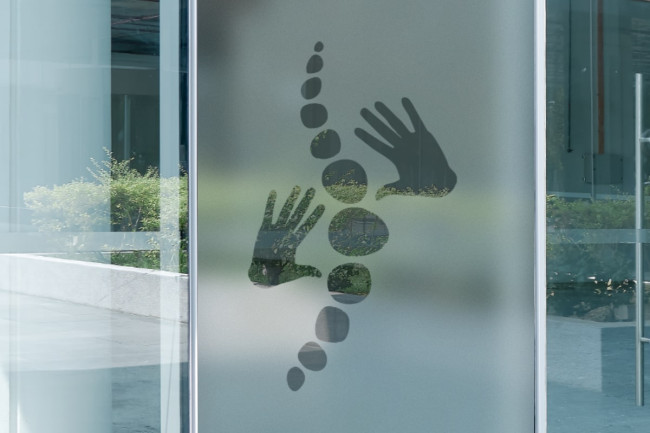Osteopath Privacy Window film

delivery at 4,90 € estimated on 02/12
Configure productDecorate your glass surface with this frosted film sticker

delivery at 4,90 € estimated on 02/12
Configure productDecorate your glass surface with this frosted film sticker
Sign up to receive our special offers and news!
MPA Pro and its partners may store and/or access information stored on a terminal such as browsing data (pages viewed, time of connection). We use this information to develop and improve products, select personalized content, standard and/or personalized advertising.
As well as measure the performance of content and advertisements, create a personalized advertising profile and/or display personalized content.
But also to carry out market research in order to generate audience data, manage customer reviews, the website, monitor commercial activity, relations with our partners and prevent fraud.
We want to keep the way we and our partners collect and use data transparent so that you can better maintain control over your personal information.
INFORMATION COLLECTED BY OUR PARTNERS
We use the following partners to further enhance your overall browsing experience. These partners use cookies and other methods to link you to your social networks and better tailor advertising to your interests and preferences. You can refuse the collection of this information by deactivating the boxes below.